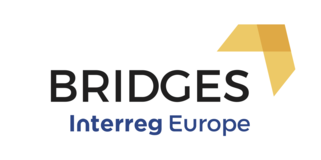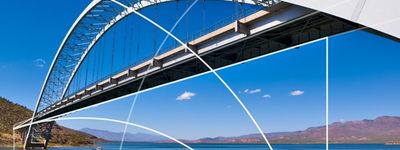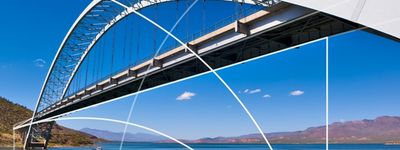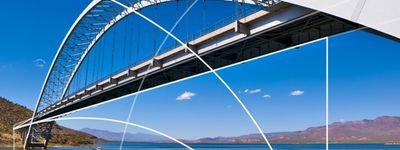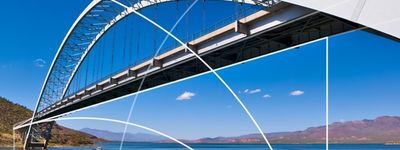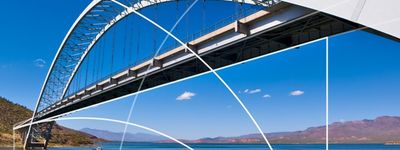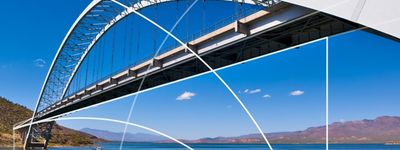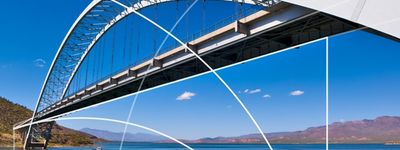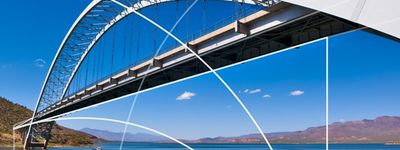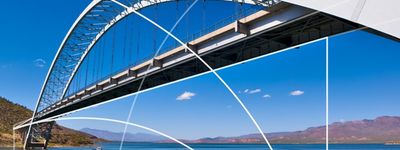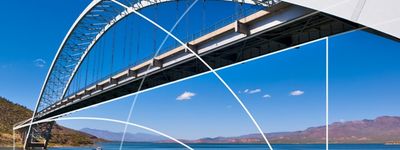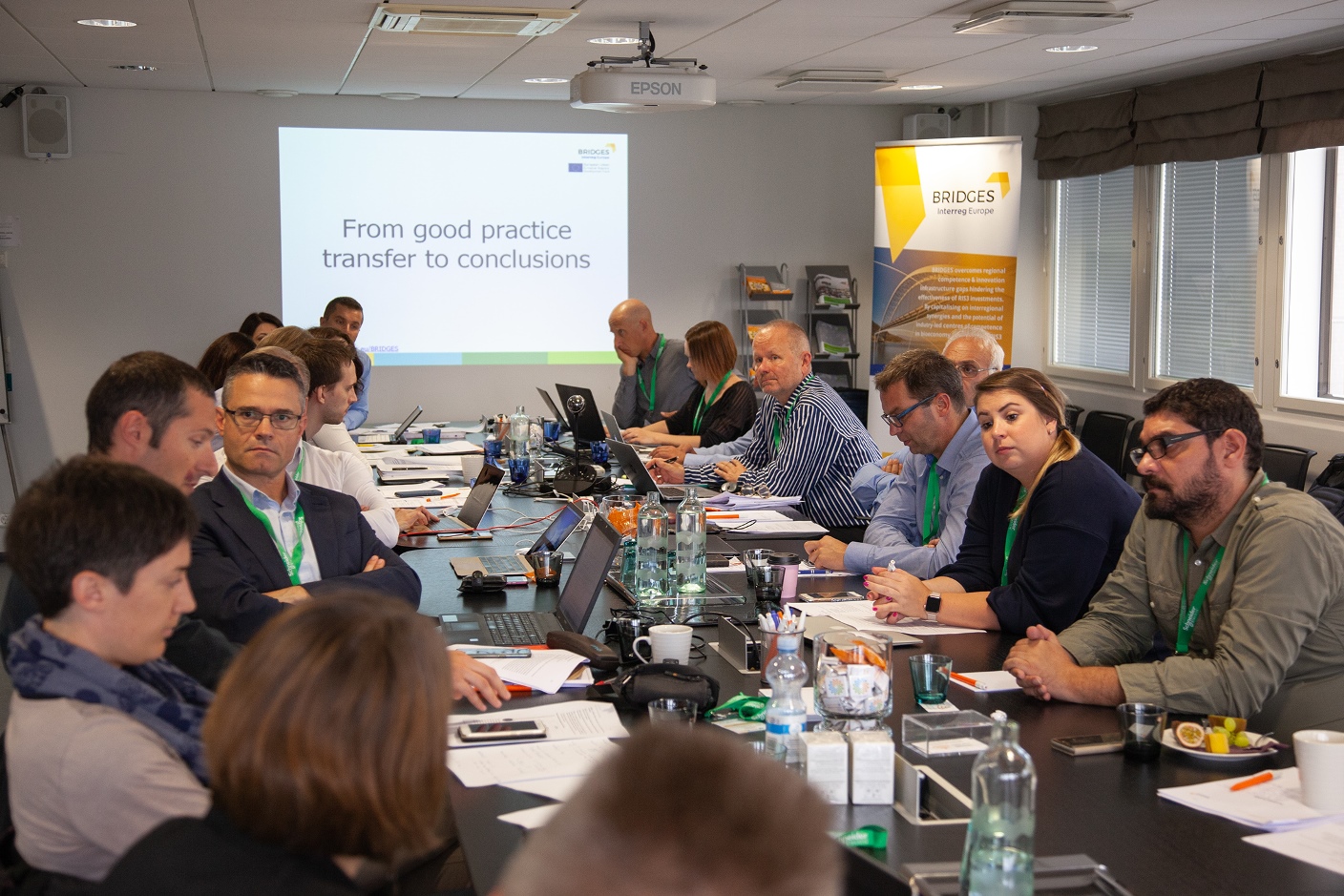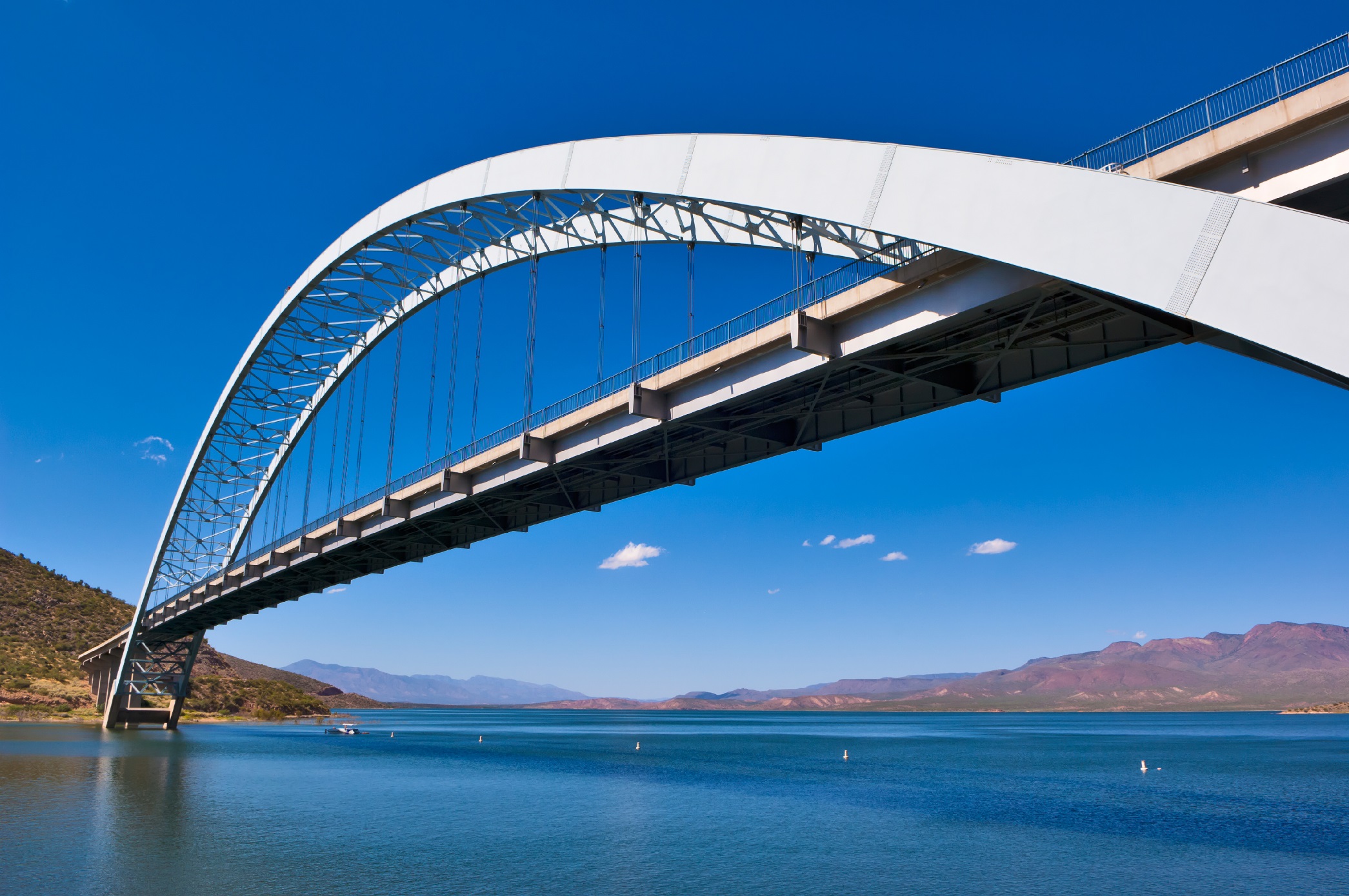Juha Eskelinen, Director of Regional Development , Helsinki Uusimaa Regional Council
Ari Lainevuo, Research Manager, Helsinki Uusimaa Regional Council
BRIDGES aims at improving the RIS3 delivery on the ground. What is the role of RIS3 criteria in Helsinki-Uusimaa in the context of BRIDGES project?
Helsinki-Uusimaa BRIDGES project connects place-based regional development to smart specialisation (RIS3). It also proves that the interregional cooperation brings added value and there are lessons to be learnt.
The Helsinki-Uusimaa region has in recent years applied the concept of smart specialisation in the development of the region. It is an innovation policy which suggests every country and region should recognise and choose its own strengths and emphasise the chosen areas in its future efforts and investments. The smart specialisation strategy for Helsinki-Uusimaa has been approved by the Regional Board in 2014.
The strategy has been revisited and its focus is redirected in order to even better serve the region. The update of the strategy has been approved by the Regional Board in 2017. It contains four spearhead themes:
1) Urban cleantech – big cities in our region are the motor for the economic development, but also they pollute a lot. That is why we try to take on the responsibility in the field of climate change;
2) Health & wellness – the fastest growing area of economic activity in the region. It is crucial to take into account the fact, that our population is aging like in all western countries at the moment.;
3) Digitalising industry - the key for productivity;
4) Citizen city – the most important measurement of humanity is how people fee and what they think about the environment they leave.
Has the interregional cooperation been useful? Has is fulfilled its tasks?
The interregional cooperation has big value for our region. In the broader perspective we are very much concentrated not only on collaboration with well-developed regions, but we also pay a big attention to creating networks and relations with lagging regions. Those regions might have i.e. abundance of natural resources, whereas we have research and high level know-how. This is the way how we can gain the win-win situation, where all are winning.
What has BRIDGES project brought to your region? What couldn’t have happened without the project?
We see BRIDGES as a turning point within the whole EU. We are now getting some best practices, which can show us how to make EU more sustainable and cohesive. We are now getting tools and instruments for using the regional capabilities in terms of science, innovation and research within EU. The feasibility study we developed in BRIDGES, shows that we have high research, development and innovation capacity at the interregional or international level. The biggest challenges for us are commercialisation and internationalisation of our research and innovation - showing them to the whole Europe and world.
